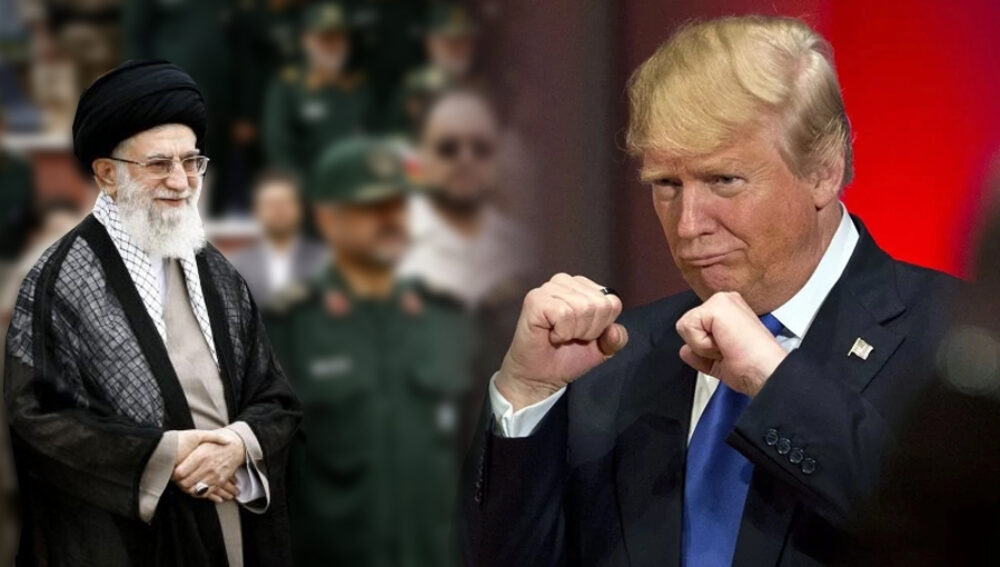In some respects, US President Donald Trump and the Iranian theocratic regime deserve each other.
Neither respect international agreements, except when it suits their purposes. Trump’s badmouthing of the Iranian nuclear agreement is of one with his behaviour over the Trans-Pacific Partnership, the Paris climate agreement, the North American Free Trade Agreement, and US alliances more generally. On the other hand, the Iranian regime has often flouted international agreements in even more dramatic fashion – taking US diplomats hostage for more than a year was just the most spectacular and egregious example.
Trump, however, has some valid points. The Iranian regime is indeed a major player in conflicts across the Middle East, being actively involved in Syria and Iraq, interfering in Bahrain and Yemen, and relentlessly advancing its long-range missile technology. Trump says that in continuing with these activities, Iran is acting against the spirit of the nuclear agreement, the Joint Comprehensive Plan of Action (JCPOA). But the agreement is all about nuclear matters, not these other bugbears.
In many respects, the JCPOA continues a tradition set by Cold War US presidents who negotiated with ‘the evil empire’ over nuclear arms in the knowledge that US-USSR competition would continue unabated elsewhere. These earlier presidents took a realist position, seeing things as they were and advancing US interests as they could rather than as they might wish. Trump is at odds with the traditional ‘realist’ US approach to negotiations which even Reagan followed.
But maybe this is all a bit of a red herring. The JCPOA may be an important issue in the Trump Administration’s Iranian angst, but it is arguably not its most pressing. The war against Islamic State in Iraq is drawing to a close, but neither Iran nor the US want to go home and leave Iraq to the Iraqis. The most pressing issue seems to be that both Iran and the US want the other to leave.
Please click here to read the full “On a Trumpian track for the next Middle East war” article published at The Lowy Interpreter, written by Griffith Asia Institute Visiting Fellow, Dr Peter Layton.








